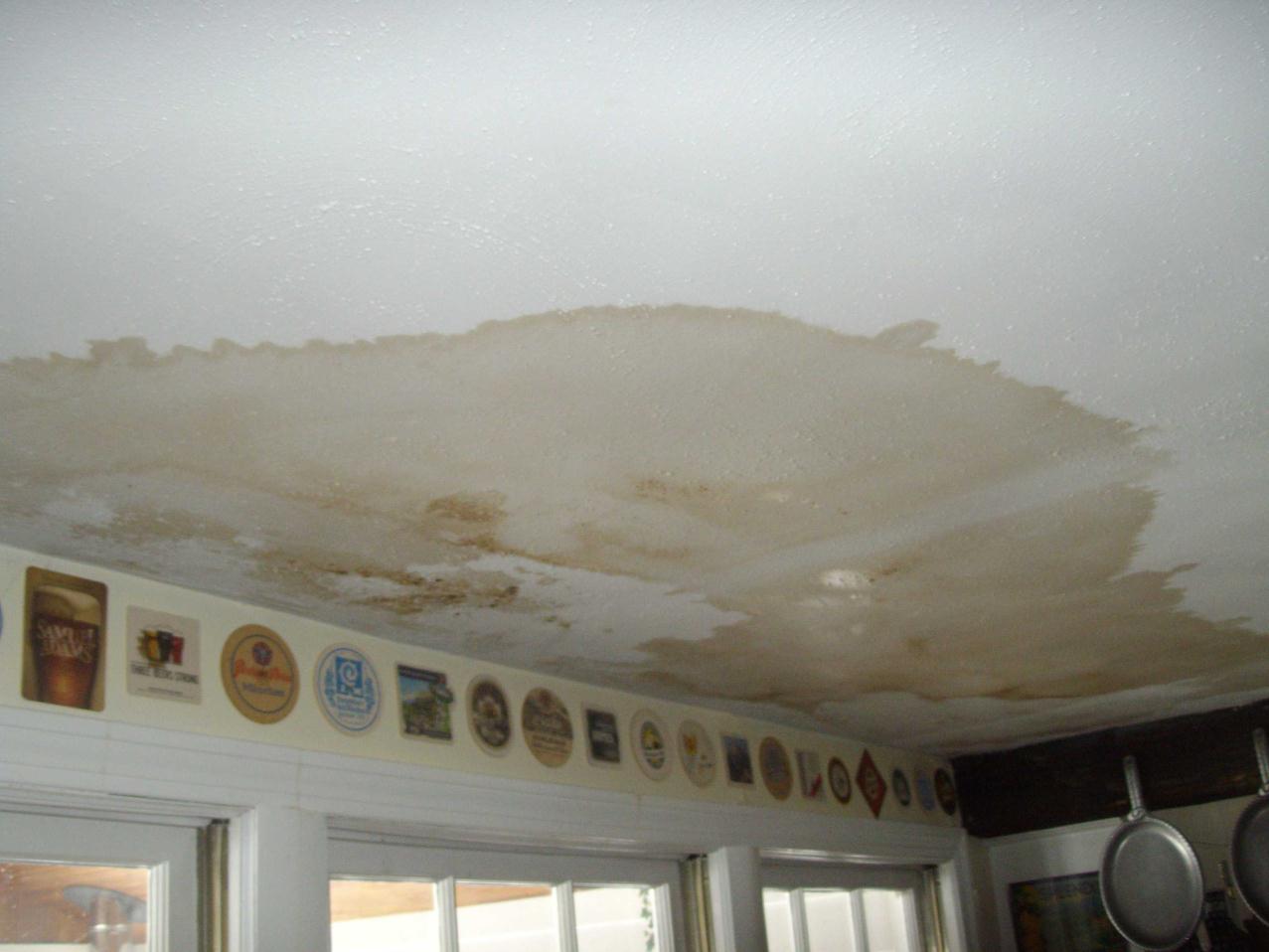What're your thoughts and feelings on Reducing Your Risk Of Water And Fire Damage At Home?

Water offers life, water invasion on components where it's not intended to be can result in damages. Houses with water damages smell musty and old.
Water can originate from many resources such as tropical cyclones, floods, ruptured pipes, leakages, and sewage system issues. In case you experience water damages, it would certainly be great to understand some security precautions. Here are a few guidelines on just how to take care of water damage.
Do Prioritize House Insurance Protection
Water damages from flood as a result of hefty winds is seasonal. Nevertheless, you can additionally experience a sudden flooding when a faulty pipeline all of a sudden ruptures right into your residence. It would certainly be best to have home insurance that covers both disasters such as all-natural disasters, and emergencies like damaged plumbing.
Don't Forget to Switch Off Energies
In case of a disaster, specifically if you stay in a flood-prone location, it would be suggested to switch off the main electric circuit. This cuts off power to your whole house, stopping electric shocks when water is available in as it is a conductor. In addition, don't forget to switch off the primary water line valve. When floodwaters are high, furniture will certainly walk around and cause damage. Having the primary shutoff turned off prevents additional damages.
Do Stay Proactive and also Heed Weather Condition Notifies
Listen to evacuation warnings if you live near a lake, creek, or river . Doing so decreases possible building damages.
Don't Ignore the Roofing System
You can prevent rain damages if there are no openings and leakages in your roof covering. This will certainly avoid water from streaming down your wall surfaces and soaking your ceiling.
Do Pay Attention to Small Leakages
A burst pipeline doesn't happen overnight. You might notice gurgling paint, peeling off wallpaper, water touches, water stains, or dripping noises behind the walls. Have your plumbing repaired before it results in enormous damages.
Do Not Panic in Case of a Ruptured Pipeline
Maintaining your clearheadedness is crucial in a time of crisis. Panicking will just compound the issue because it will certainly stifle you from acting quick. When it involves water damage, timing is essential. The longer you wait, the more damage you can anticipate. Therefore, if a pipe bursts in your residence, immediately shut down your major water valve to cut off the resource. Unplug all electrical outlets in the area or turn off the circuit breaker for that part of the house. Finally, call a reliable water damage restoration expert for aid.
Water offers life, water intrusion on parts where it's not meant to be can result in damage. Homes with water damage smell old and also stuffy.
Water damage from flood fees to heavy winds is seasonal. You might observe bubbling paint, peeling off wallpaper, water streaks, water discolorations, or leaking sounds behind the wall surfaces. When it comes to water damages, timing is crucial.
Some Do's & Don't When Dealing with a Water Damage
DO:
- Make sure the water source has been eliminated. Contact a plumber if needed.
- Turn off circuit breakers supplying electricity to wet areas and unplug any electronics that are on wet carpet or surfaces
- Remove small furniture items
- Remove as much excess water as possible by mopping or blotting; Use WHITE towels to blot wet carpeting
- Wipe water from wooden furniture after removing anything on it
- Remove and prop up wet upholstery cushions for even drying (check for any bleeding)
- Pin up curtains or furniture skirts if needed
- Place aluminum foil, saucers or wood blocks between furniture legs and wet carpet
- Turn on air conditioning for maximum drying in winter and open windows in the summer
- Open any drawers and cabinets affected for complete drying but do not force them open
- Remove any valuable art objects or paintings to a safe, dry place
- Open any suitcases or luggage that may have been affected to dry, preferably in sunlight
- Hang any fur or leather goods to dry at room temperature
- Punch small holes in sagging ceilings to relieve trapped water (don't forget to place pans beneath!); however, if the ceiling is sagging extremely low, stay out of the room and we'll take care of it
DO NOT:
- Leave wet fabrics in place; dry them as soon as possible
- Leave books, magazines or any other colored items on wet carpets or floor
- Use your household vacuum to remove water
- Use TV's or other electronics/appliances while standing on wet carpets or floors; especially not on wet concrete floors
- Turn on ceiling fixtures if the ceiling is wet
- Turn your heat up, unless instructed otherwise

I have been very serious about 5 Home Safety Tips To Reduce The Risk Of Fire And Water Damage and I'm hoping you liked our blog entry. Do you know another individual who is fascinated by the niche? Feel free to share it. We truly appreciate reading our article about Fire And Water Damage Prevention.
Comments on “Do's & Don'ts of Water Restoration.”